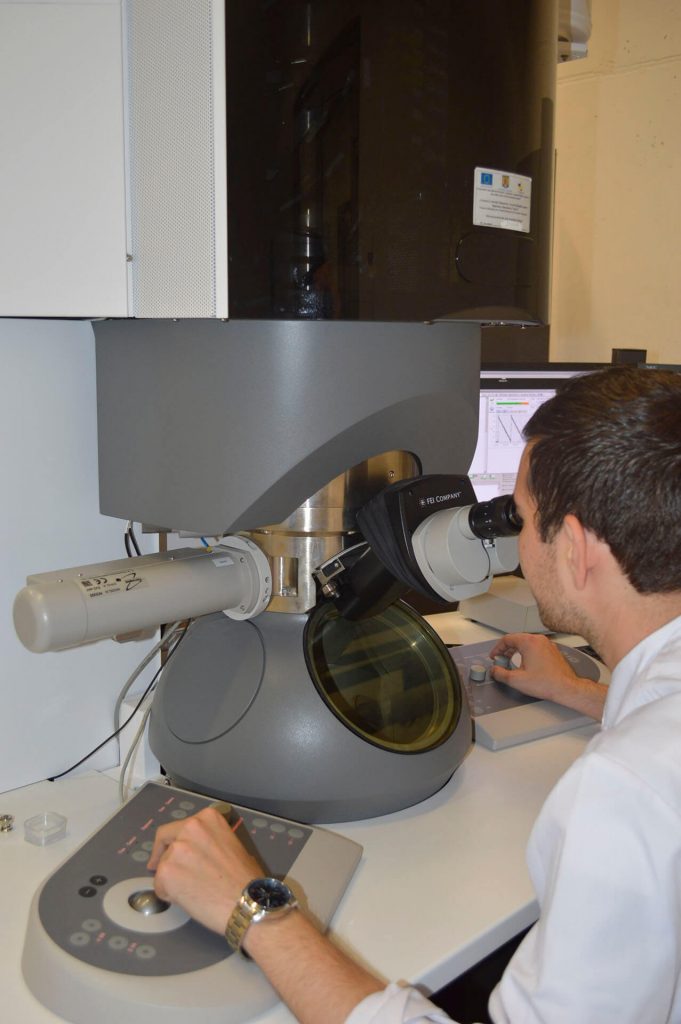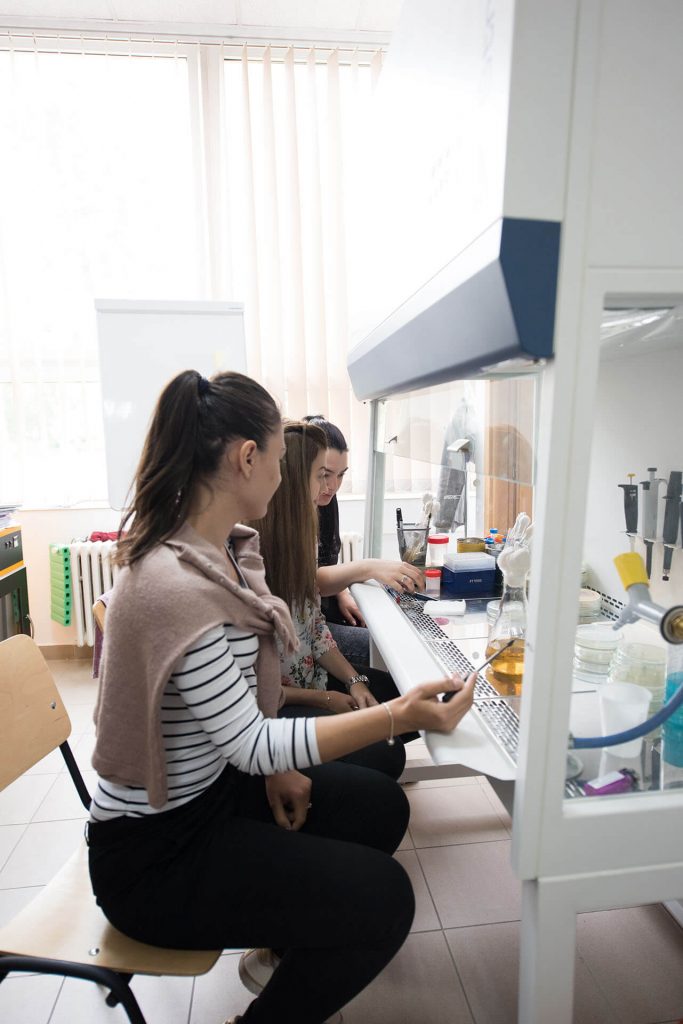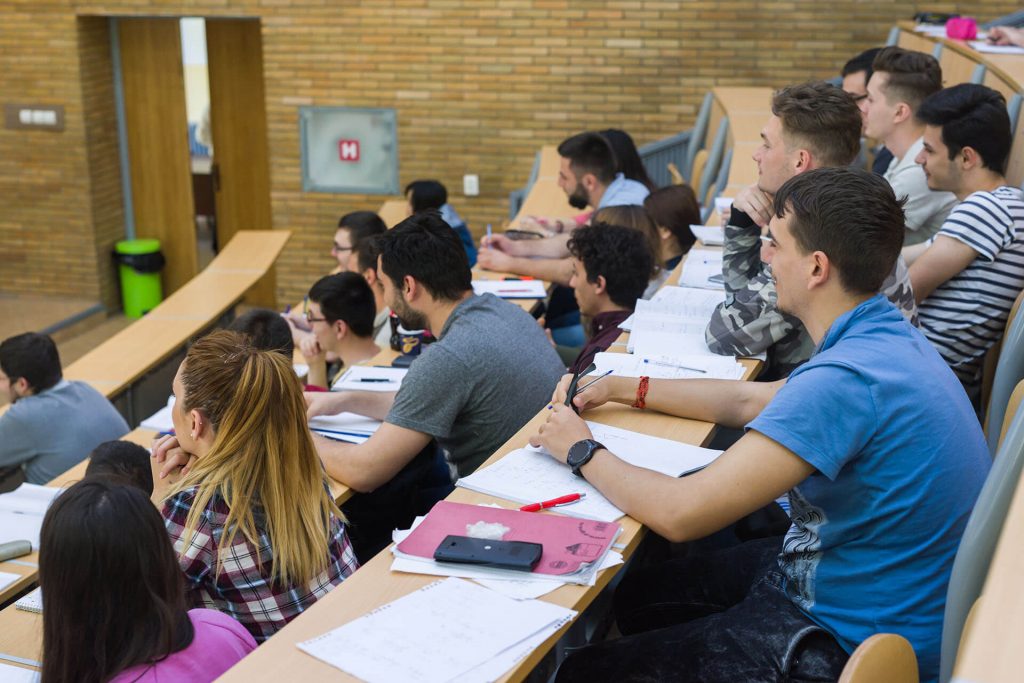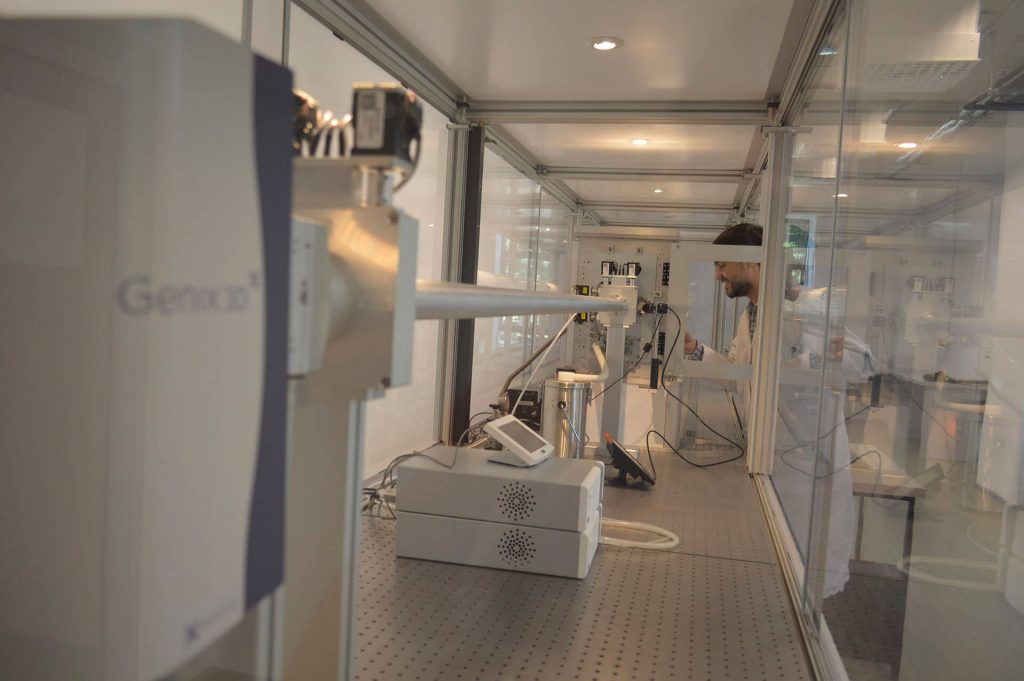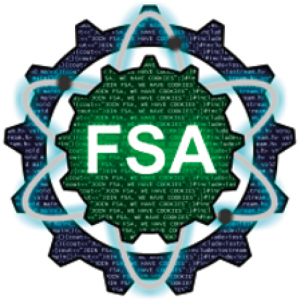Dean: PETRESCU -NIȚĂ Alina-Claudia
Vice-Dean: ș.l. dr. ing. Victor – Cristian PALEA
Vice-Dean: conf. dr. ing. Teodor ȚURCANU
Department Director
Conf. dr. Cristina Cirtoaje
telefon: +4021-402 91 02
cristina.cirtoaje@upb.ro
Departamentul de Matematică-Informatica
Department Director
Prof. dr. Mihai POSTOLACHE
telefon: +4021-402 92 88
Departamentul de Metode si Modele Matematice
Department Director
Prof. dr. Mircea OLTEANU
telefon: +4021-402 91 52
Departamentul de Matematici Aplicate
Department Directort
Prof. dr. Mihai POSTOLACHE
telefon: +4021-402 92 88
site: http://www.mathem.pub.ro
Adresă
Splaiul Independentei 313, sector 6, Bucuresti, cod 060042, corp BN 105
Telefon / Fax
Tel: +4021-402 96 30
Fax: +4021-402 96 22
Email
Website
fsa.pub.ro
Fields of study
Engineering Mathematics and Informatics
Engineering Physics
The Faculty of Applied Sciences was set up in 2005 following the proposal put forward by the Department of Mathematics and the Department of Physics.
The Faculty educates engineers in the following specializations: (1) Mathematics and Applied Informatics in Engineering and (2) Physical Engineering (Cycle I – Bachelor of Science) in full-time study mode, 4 years, 240 European transferable credits.
The Faculty of Applied Sciences also provides Master programs (Cycle II) in: Dynamic Systems, Geometry and Optimization; Forecasting, Risk and Decision Models; School Management and Education; The Theory of Encoding and Storing Information; Modelling, Simulation and Numerical Computation; Monitoring and Control of Complex Systems; Mathematical Logic and Applications; Optical Technologies; The Physics of Micro and Nanostructured Matter; Measurement and Use of Ionizing Radiation; Photonics and Advanced Materials.
The Faculty offers Doctoral Studies (Cycle III) in Science – Mathematics, Physics; in Engineering Science – Optoelectronics, Technical Physics.
It ensures general multidisciplinary, fundamental engineering training (based on Mathematics, Physics, Informatics), as well as managerial, theoretical and experimental, psycho-pedagogical and socio-humanities training. It also ensures acquisition of foreign language competence.
The training is directed towards identification and solving of new issues, with competence in engineering specializations of the future (Mathematical and Physical Modelling, Optics, Nanoelectronics, Econophysics). This fosters a continuous and flexible self improvement, as it constantly adapts to the global labour market and to the public and private demand for expert engineers in mathematical-physical modelling and simulation for High-Tech and IT multitasking companies, INTERNET, T.V., Radio networks, research, education, management, QA, banks, insurances, specialized journalism, administration.
The Faculty has 3 Research Centres and 19 Laboratories (lasers; optoelectronics; microscopy; holography; optical processing of information; liquid crystals; materials; nonlinear chaos and dynamics; plasma; computational physics; nuclear physics; computer architecture and databases; computer programming and operating systems; computer networks; artificial intelligence; numerical analysis; computer-assisted design; computer graphics; image processing).
The 195 members of the teaching staff of the faculty, many of which Laureates of the Romanian Academy, are involved in cooperation programmes with national and international research centres and universities.
The faculty manages the following international Journals: “Scientific Bulletin of UPB – Series A”, “Balkan Journal of Geometry and Its Applications”, “Applied Sciences”, “Differential Geometry & Dynamic Systems” and “BSG Proceedings”.
The students of the faculty have the advantage of a competitive (professional contests) and creative (scientific and managerial circles) environment, with free access to the materials base of the PUB: INTERNET network, libraries, student hostels, student restaurantsand sports camps.
Furthermore, the students may benefit from national and international study and mobility grants, including those obtained by ERASMUS agreements with ECOLE POLYTECHNIQUE of Paris and I.N.P. of Grenoble (supplemented by DOUBLE DIPLOME agreements); POLYTECHNIC UNIVERSITIES in Stockholm, Milan, Turin, Helsinki, Tampere, Mikkeli, Lisbon, Darmstadt; UNIVERSITIES in Heidelberg, Berlin, Copenhagen (“Niels BOHR” Institute), Uppsala, Barcelona, Madrid, Lisbon, Rome, Genoa, Turin, Brescia, Gand, Paris VI, Lyon 1, Grenoble 1, Versailles, Siegen, Compiegne, Messina, Thessaloniki, Munich.









